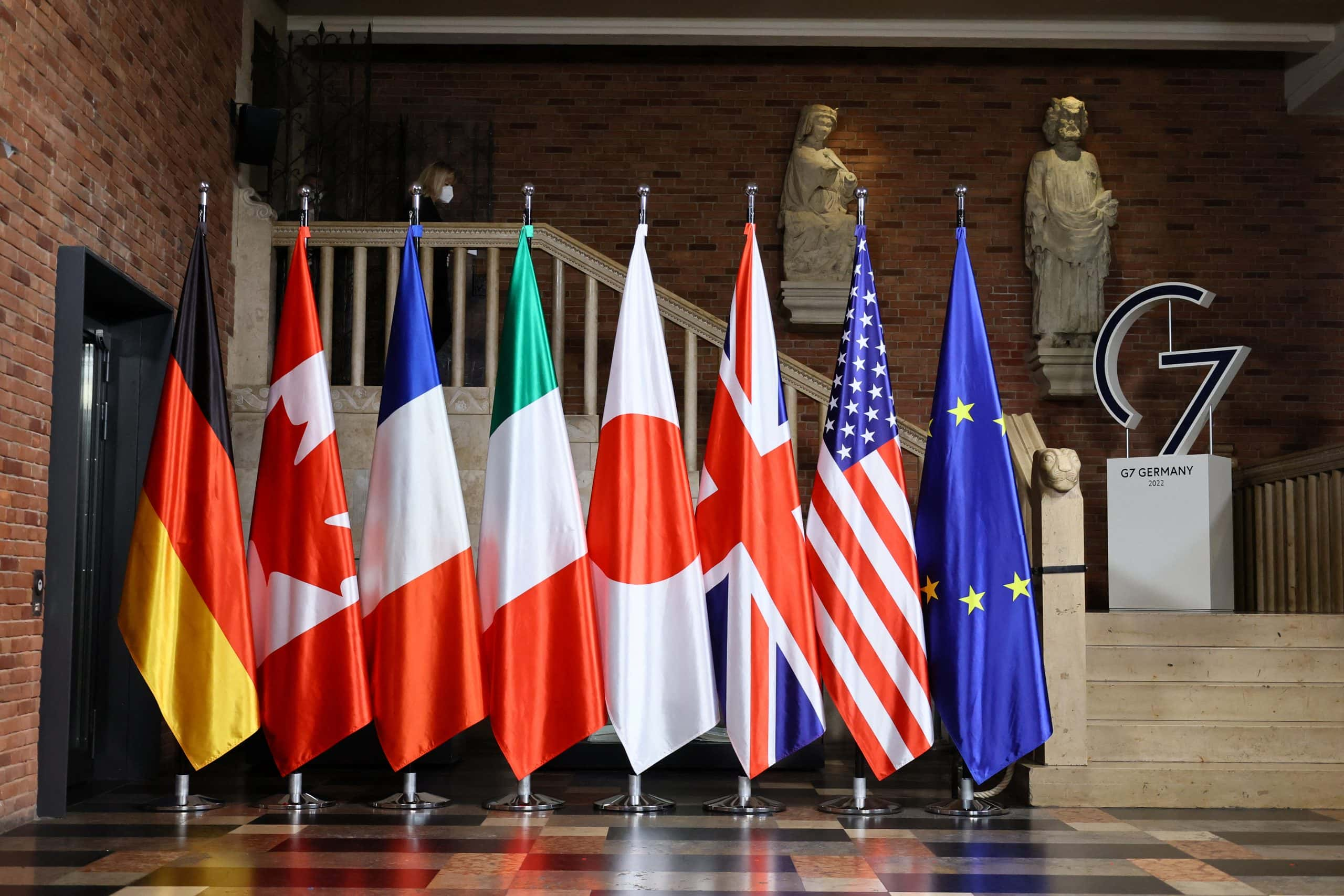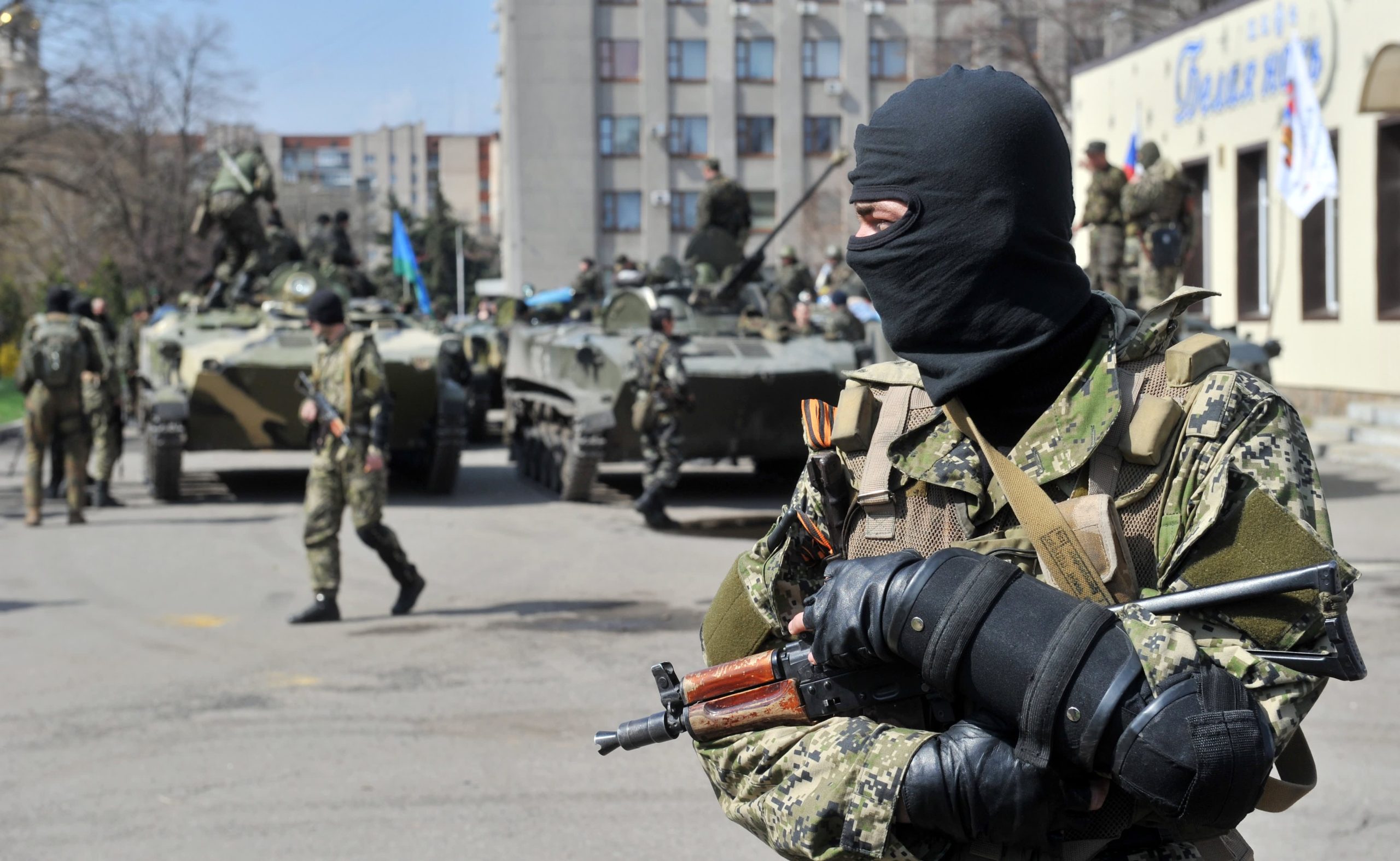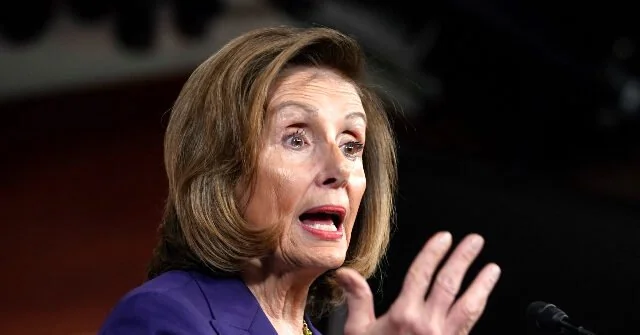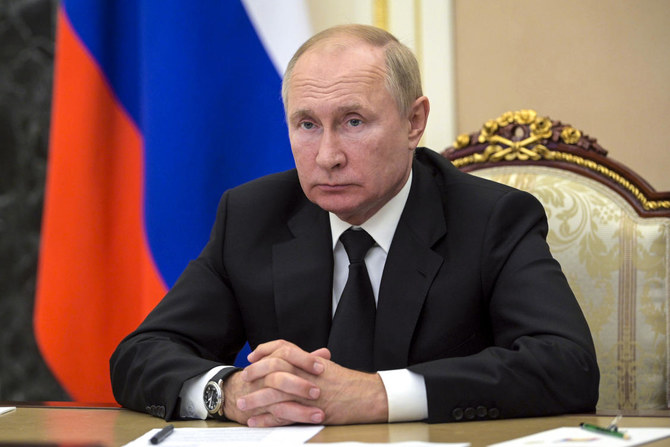This includes Indian entities, such as the State Bank of India (SBI), Bank of Baroda, and Bank of India, which have operations in the US.
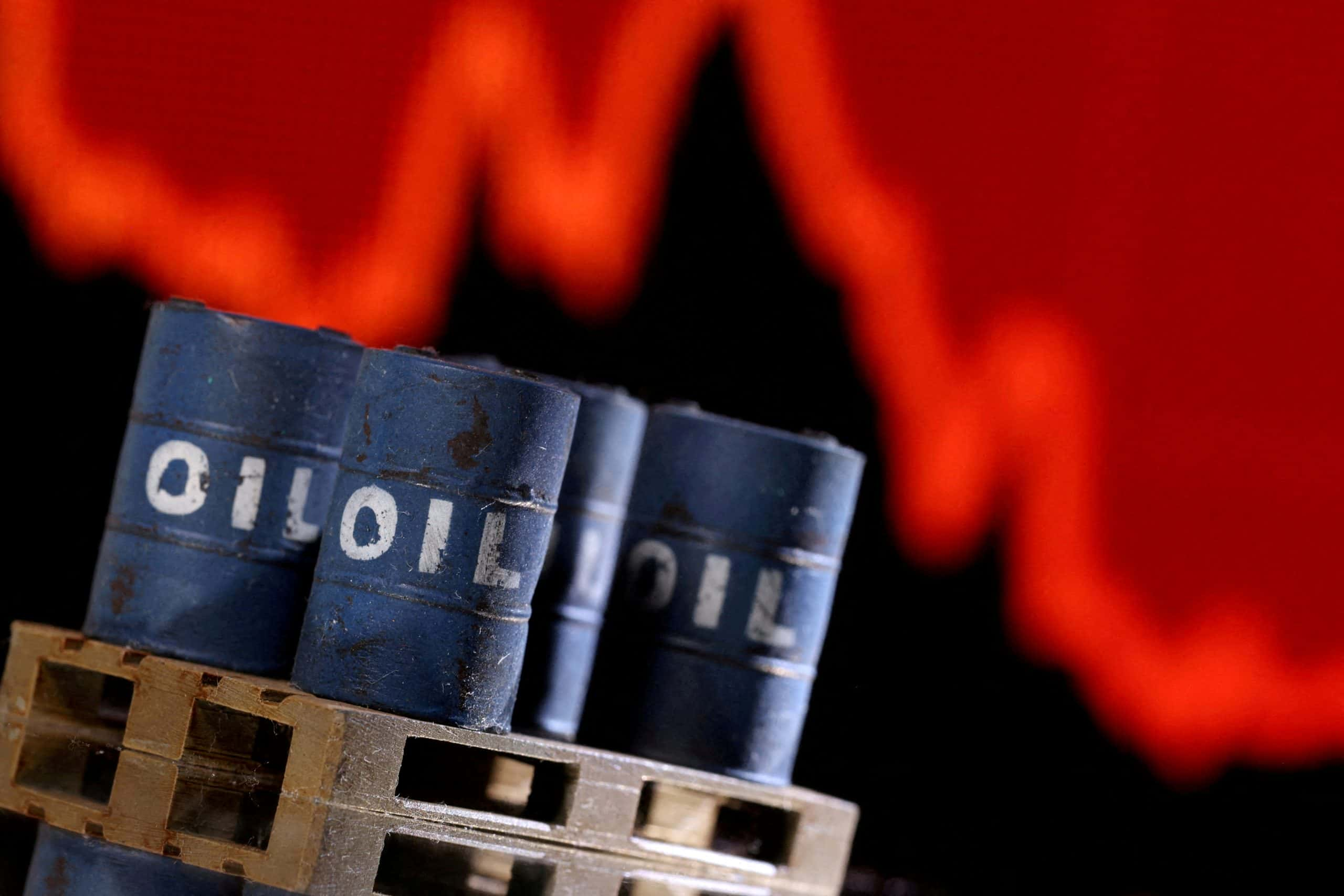
The US government’s Office of Foreign Assets Control (OFAC) is currently investigating whether foreign banks operating in the US have adhered to the G7 price cap of $60 per barrel for Russian oil
The G7 price cap in December limited Russia‘s revenue from oil exports, thereby affecting its military budget. This measure restricts both the purchase and import of Russian crude oil at prices exceeding the established G7 price cap. The goal is to isolate Russia and stabilize global oil prices following Russia’s invasion of Ukraine in February 2022.
SBI is taking precautionary measures to avoid inadvertently processing payments for Indian oil refiners who may have bought Russian oil above the $60 per barrel cap. Despite the OFAC‘s request for details, it is unlikely that Indian banks and oil marketing companies (OMCs) will violate the sanctions and G7 price cap regulations, as they can obtain oil from other sources at a discount, including Iraq.
India and China have become significant importers of Russian crude since February 2022, taking advantage of substantial discounts offered by the supplier
Russian oil is being sold at discounts ranging from $13 to $15 per barrel compared to international market prices. In August, India imported 7.63 million tonnes of Russian crude oil valued at $4.15 billion, with the cost covering freight, insurance, and customs duty, which are not subject to the G7 price cap.
The recent production cuts by the Organization of the Petroleum Exporting Countries (OPEC) and its allies, including Russia, have contributed to the surge in oil prices. Additionally, concerns about the Israel-Hamas conflict potentially escalating into a regional conflict have further driven up prices.
Queries directed to relevant ministries and entities regarding this matter remain unanswered at this time. On October 12th, OFAC imposed sanctions on two retail entities and identified two of their vessels as “blocked property” for transporting Russian crude oil above the agreed price cap. They also released an advisory, in coordination with the Price Cap Coalition, outlining best practices for compliance with the price caps on Russian-origin crude oil and petroleum products established by the G7 price cap, the European Union, and Australia in the maritime oil industry.
